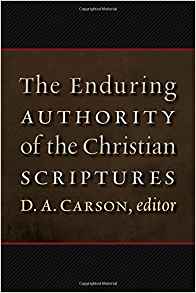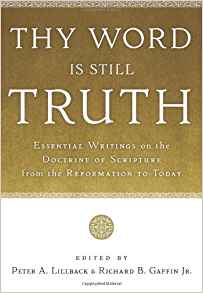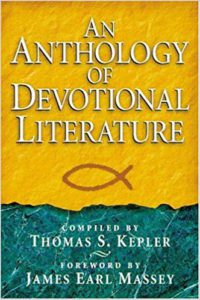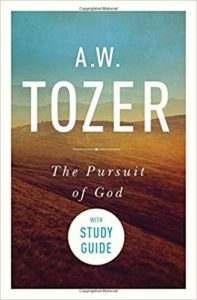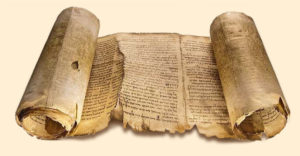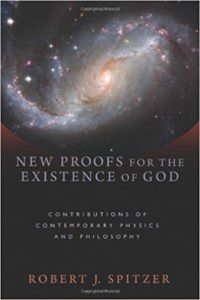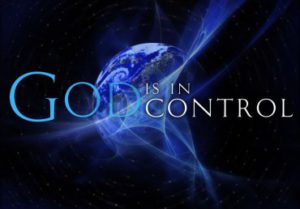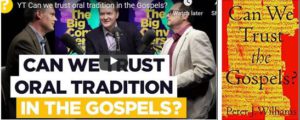
Lydia McGrew reviews a recent debate with Bart Ehrman, and argues that Bible scholar Peter J Williams offers a model for dispensing common sense – The Right Way to Debate Bart Ehrman
The hallmark of Williams’ responses to Ehrman was his use of common sense, both in presenting his own case and in responding to Ehrman’s objections. Williams’ case for the reliability of the Gospels in this debate is based in part upon a compendium of fascinating external confirmations, such as name statistics, measurements, and topography. Pace Ehrman, these small details do constitute evidence that, as Williams says in his book Can We Trust the Gospels?, the authors knew their stuff. The small, difficult things that the evangelists get right are all the more impressive given the major upheavals in social customs and culture in Palestine, and the dispersal of the inhabitants, after the destruction of Jerusalem in AD 70…
This emphasis on details is highly relevant to Ehrman’s attempts to characterize the Gospels as unreliable because they were, he says, written at multiple removes from the events they describe and hence corrupted over time by a “telephone game” process of transmission. In making this argument Ehrman repeatedly tries to emphasize the fact that the Gospels were written down several decades after their events. Williams rightly counters by pointing out that the Gospels do not have specific dates on them and that we should look at the evidences within them of their coming from those close to the events. Even though Luke, for example, was not an eyewitness of Jesus’ ministry, it does not follow that Luke recorded stories that had been repeated many times as in the telephone game–a point Ehrman repeatedly ignores. Continue reading “Peter Williams Shows the Right Way to Debate Bart Ehrman”
